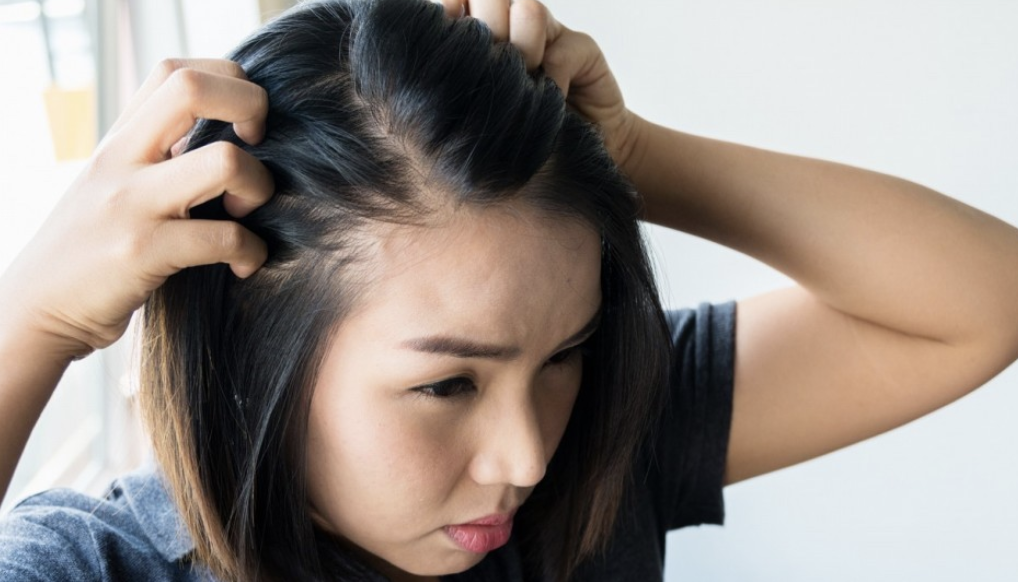It can be difficult to cope with alopecia when you are first diagnosed, especially because it can make drastic changes to your overall appearance. Despite millions of people suffering from the condition, it is still relatively unknown in terms of research and support. It can leave you feeling alone, but you aren’t, and we have a little bit of advice on how to deal with it – as well as further explanation as to what alopecia is and the way it can affect those who have it.
What is Alopecia?
Technically, it is classed as an autoimmune condition, and is also known as a chronic inflammatory disease. What this means is that your immune system is tricked into thinking that your hair follicles are actually a foreign body and so it attacks them – causing your hair to fall out. Additionally, it can impact men and women alike, as well as all age ranges.
There are three main forms of alopecia, each of which varies in terms of severity. Below, you will find each of them listed from least severe to most:
- Alopecia Areata. Partial hair loss and general patchiness on the head.
- Alopecia Totalis. Total hair loss on the head.
- Alopecia Universalis. Total hair loss across the entire body (including lashes and brows).
It is a painless condition, but there are some sufferers who have experienced skin irritation and soreness as a result of the balding areas. It tends to be caused by a combination of genetics and the environment, with conditions like depression or severe stress often acting as the trigger for the condition.
Alopecia and Mental Health
It is possible for alopecia to cause mental health issues as well as be triggered by it. Depression is the most common occurrence for those who suffer from the condition, and it can become quite serious if left untreated. Here are some of the symptoms to look out for if you think that your or a loved one is depressed:
- Feeling down, upset, or tearful
- Feeling restless, agitated, or irritable
- Feeling guilty and worthless
- Feeling empty and numb
- Feeling isolated and unable to relate to other people
- No longer finding pleasure in life or things you usually enjoy
- Gaining a sense of unreality
- Losing self-confidence or self-esteem
- Feeling hopeless and full of despair
- Feeling suicidal
- Avoiding social events and activities you usually enjoy
- Self-harming or suicidal behaviour
- Finding it difficult to speak or think clearly
- Losing interest in sex and general intimacy
- Difficulty in remembering or an inability to concentrate on things
- Using more tobacco, alcohol, or other drugs than usual
- Difficulty sleeping, or sleeping too much
- Feeling tired and drained (emotionally and physically) all the time
- No appetite and losing weight, or eating too much and gaining weight
- Physical aches and pains with no obvious cause
- Moving very slowly, or being restless and agitated
Coping with the Reactions of Others
Other people are not always going to react kindly, and you may find that there are quite a few who are joking with you in a way that leaves your feelings and confidence shattered. A lot of the time it is because people don’t know how to react to conditions they do not understand, or they don’t want you to think that they pity you. Regardless, it is not something you should have to tolerate.
The best way to deal with the reactions of others is to embrace yourself and brush it off, but this is a lot easier said than done. It can be really hard to deal with the stares and comments, but over time many with alopecia state that it does get better. Therapy can be a massive help, especially as it gives you a chance to pour out your emotions and learn healthier coping mechanisms.
Sometimes, those with alopecia have found that running fundraisers and educational events have really helped with reactions because it ensures people understand the condition, that it’s not cancer, and it also isn’t contagious (something many fear with an illness they don’t understand). It’s up to you, but we are sure you will find the perfect way for coping.
To Conclude
Whether you are suffering, or someone you know has been recently diagnosed, we hope that this guide has been able to answer some of the questions you have been asking. If you want to learn more about alopecia and the ways in which you can try to overcome the emotional pain that often comes with it, we have a detailed guide on the topic that we know will be able to ease some of your distress.
Francesca Jaques is the author and editor of www.hairday.co.uk, Beauty therapist by day and writer by night. She reviews every hair product available, finding the best of the best and giving you all the tips possible to make life easier for you. For hairstyle ideas, tips and reviews, you can find them on her Facebook, Instagram, and Twitter.


Speak Your Mind